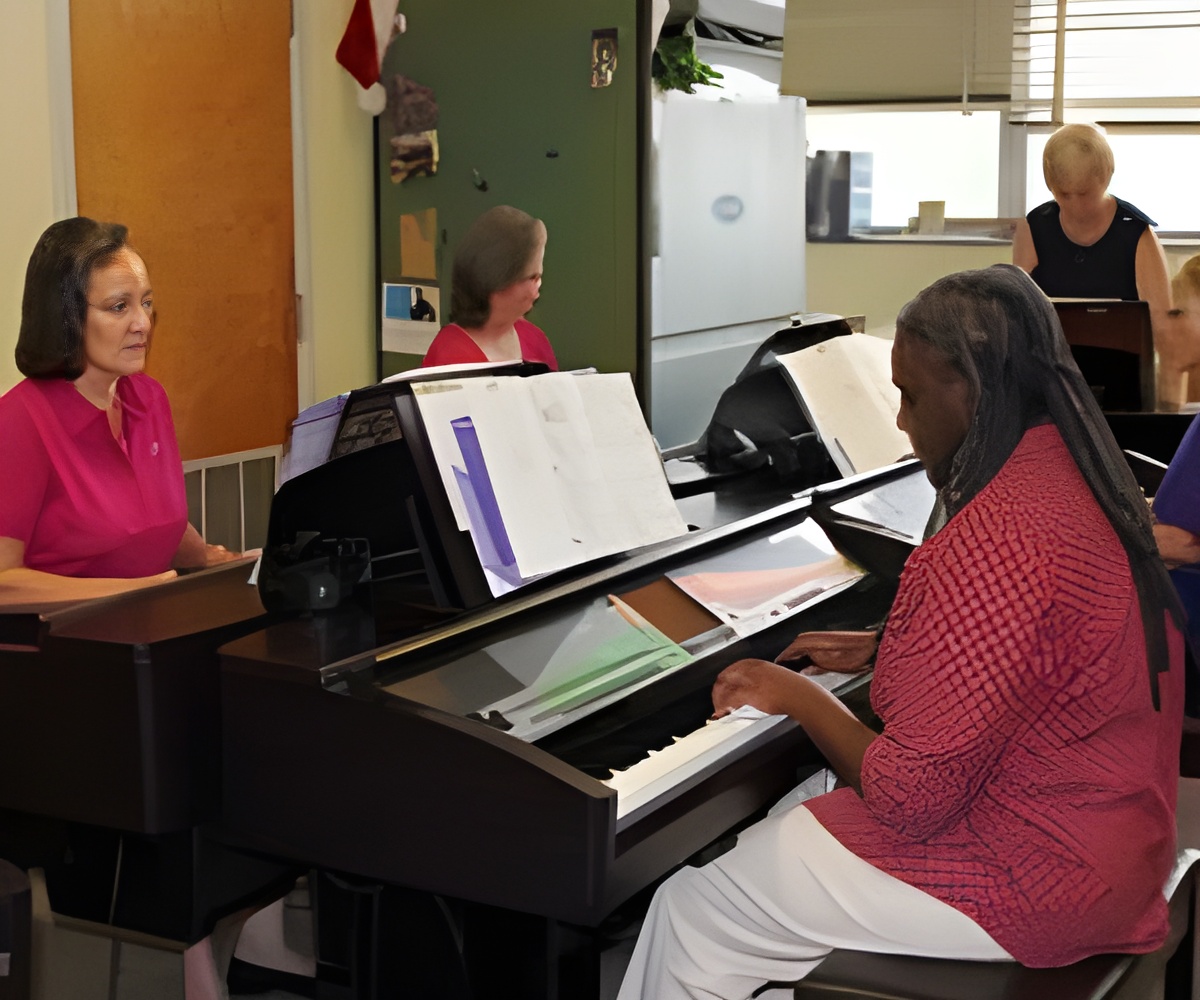A new study at Northwestern University provides the first direct evidence that a community music program for at-risk kids has a biological effect on children's developing nervous systems.

"This research demonstrates that community music programs can literally 'remodel' children's brains in a way that improves sound processing, which could lead to better learning and language skills," said study lead author Nina Kraus, the Hugh Knowles professor of communication sciences in the School of Communication and of neurobiology and physiology in the Weinberg College of Arts and Sciences at Northwestern.
"Music Enrichment Programs Improve the Neural Encoding of Speech in At-Risk Children," published in the Journal of Neuroscience, is one of the few studies to evaluate biological changes following participation in an existing, successful music education program.
Kraus, director of Northwestern's Auditory Neuroscience Laboratory, and her team collaborated with Harmony Project. For more than a decade, Harmony Project has provided free music instruction to thousands of disadvantaged children from gang-reduction zones in Los Angeles. Children between the ages of 6 and 9 participated in the study. The research team traveled to Los Angeles to evaluate them as they enrolled in Harmony Project's programs and returned each summer for the following two years to evaluate them longitudinally.
"We used a quick but powerful neural probe that allowed us to gauge speech processing with unprecedented precision. With it, we found that the brain changes only followed two years of music training," Kraus said. "These findings are a testament that it's a mistake to think of music education as a quick fix, but that if it's an ongoing part of children's education, making music can have a profound and lifelong impact on listening and learning."
Research from around the world has suggested links between music training, enhanced brain function and heightened language skills. This is the first study, however, that uses random assignment to evaluate brain changes in collaboration with an existing and successful community music program that targets disadvantaged children. Prior research had focused on individuals from affluent homes who received private lessons.
Advertisement
"Now we know this success is rooted, at least in part, in the unique brain changes imparted by making music," Martin added.
Advertisement
These findings provide biological backing for the large-scale implementation of these programs to promote child brain health and development.
Source-Eurekalert














